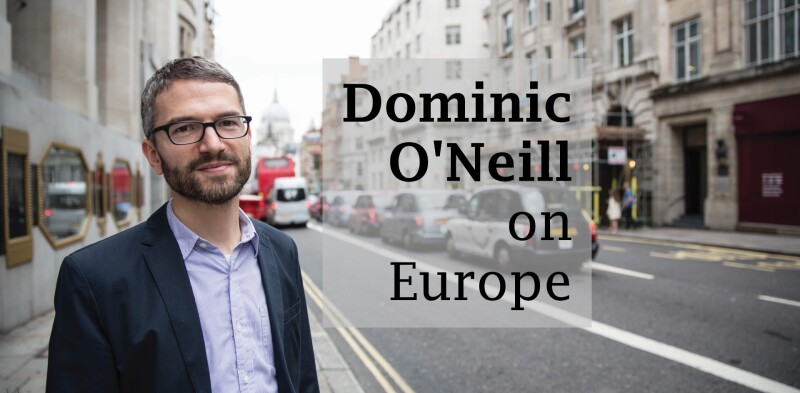
“Cash management is the new derivative,” Jean Pierre Mustier used to say, as chief executive of UniCredit.
When Euromoney put that view to a senior investment banker who, unlike Mustier, stayed on at Societe Generale after the global financial crisis, the retort was that his former boss was just saying that because he had swapped a Ferrari for a Fiat, by joining the Italian bank.
Nowadays, few would compare SocGen’s investment bank to a Ferrari. In the early to mid 2000s, when Mustier ran the business, it helped drive the group to a return on equity (ROE) in the 20s. But by the late 2010s, the corporate and investment bank was stuck in low single-digit ROEs. It lost money in 2020.
After taking over from Séverin Cabannes as head of global banking and investor solutions in early 2021, it is Slawomir Krupa’s job to get that division to an ROE of 10% by 2023.
Leading up to Covid, the division had grown more reliant on equity derivatives, especially after poor results in fixed income, currencies and commodities (FICC) in late 2018, which led to cuts. In 2020, compared with BNP Paribas, SocGen was more exposed to equity-derivatives losses sparked by cuts in corporate dividends.
